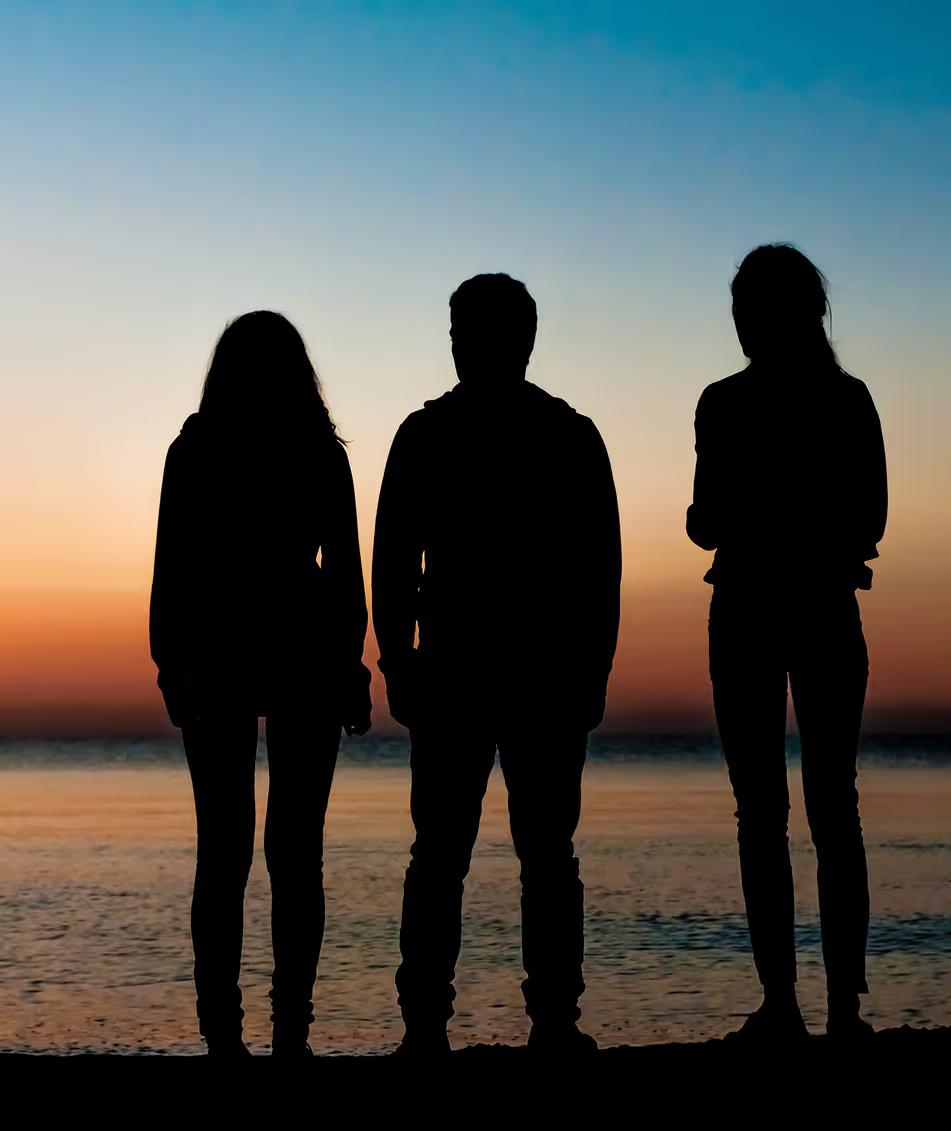Let the Light In. Start the Conversation.

Our story
Everyone deserves to feel safe, respected, and valued in their relationships—but not everyone does. It can be hard to talk about unhealthy relationships, but these conversations are important. Reflect the Light is a campaign encouraging people in Nunavut to be open, support one another, and create change.
Women in Nunavut are victims of violence at a rate 13 times higher than anywhere else in Canada. This campaign brings people in Nunavut together as community to help end abuse and have healthy relationships.
Reflect the Light is a campaign created by Qulliit Nunavut Status of Women Council and funded by the Government of Canada.





relationships shape us
Harm can happen in any relationship—between family, friends, or community. But so can healing. Let’s reflect care, trust, and respect in every connection.
Let's reflect



Shed light on myths about violence in the North
Explore the myths and facts that shape the conversation about relationships and safety in the North. Let’s reflect the light and reveal what’s really happening.
Abuse takes many forms. It can include violence, but also controlling, threatening or degrading behaviour. Abuse can be sexual, emotional, financial, physical, and can involve harassment or stalking, including online.
While women experience violence at a rate nearly double that of men, anyone can be in an abusive relationship or experience abuse in their home. That includes men and boys.
Abuse is a social problem and our communities are part of the solution. Abuse happens every day. It is important that anyone experiencing it is able to talk to their family, friends, and community, and seek out supports, resources, and options.
Abuse can happen at any age, in any relationship. People can change by taking responsbility for their behaviour and changing how they act in a relationship.
Conflict and disagreement happen in healthy relationships, abuse does not. Abuse is not just an argument. It is the use of threats, violence, or other behaviour to control another person, rather than discussion, compromise, and respect.
There are many reasons why people stay in abusive or violent relationships. Their reasons might be because they depend financially on their partner, won't have safe housing if they leave, or because their partner is threatening to hurt children or pets. They might stay because of beliefs around relationships in their communities. Leaving an abusive relationship is also the most dangerous time, women are six times more likely to be killed by an ex than by a current partner.
Violence rates in relationships in the territories hasn't changed in the past few decade. Sexual violence rates across Canada have not changed either.
The vast majority of the time, violence comes from someone the person knows, like a spouse, dating partner, friend, or ex. Sadly, Indigenous women and girls are at a higher risk of violence from someone they do not know.
The truth matters.
Let’s bring the real statistics to light.
6x
Nunavut has the highest rate of sexual violence in Canada - nearly 6 times the national average.
13x
Indigenous women are more likely to report experiencing intimate partner violence than non-Indigenous women - at 15% and 6% resepctively. Women in Nunavut are the victims of violent crime at a rate more than 13 times higher than the rate for women in Canada as a whole.
12x
Indigenous women and girls are 12 times more likely to be murdered or missing than any other women in Canada.
20%
Indigenous women who experience relationship violence are 20% more likely to say they fear for their lives than non-Indigenous women.
7x
Nunavut has a violent crime rate higher than other provinces or territories - more than 7 times the national rate.
0x
The rate of violence in relationships in the territories did not change or decline from 2009 to 2019.

